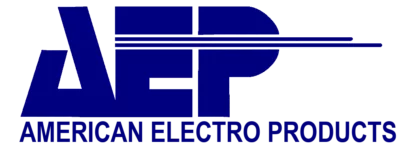Technological advances within the medical field are occurring at a staggering pace across the world. Doctors rely heavily on this new technology to perform life saving surgeries and to improve the overall quality of life of their patients. As newer, smaller, and precise medical devices are developed, it is integral that the manufacturing industry keeps pace to meet ever changing demands and standards of its customers.
The medical industry is becoming increasingly reliant on electroplating to improve the overall functionality of new advanced equipment. Electroplated coatings (i.e. gold, palladium, nickel, silver) enable these devices to achieve top performance, durability, longevity, and reliability through improved conductivity, lubricity, and efficiency.
It is essential that electroplating companies receive and maintain NADCAP and AS9100 certifications to ensure all equipment, processes, qualifications, and standards are met during production.
What is IQ, OQ, and PQ and Why are They Important in Manufacturing?
Installation Qualification (IQ), Operational Qualification (OQ), and Performance Qualification (PQ) are a set of protocols involved in equipment validation. Equipment validation is a critical component of Quality Assurance within the electroplating industry in that all equipment must meet strict quality testing standards to prevent potential serious failures of equipment in real-world situations.
Installation Qualification (IQ) is used to verify that the equipment that will be used on the product has been delivered, installed, and configured as per manufacturer specifications. This process is important because the performance of the equipment will depend on how it is installed. Specifications to be inspected may include materials, dimensions, volume, and temperature and air pressures to name a few. Equipment is checked and monitored during this process to ensure that the equipment is not damaged and has been properly installed and connected where required.
Operational Qualification (OQ) is an important part of the electroplating testing process. It is during this process that applicable components that relate to startup and operation such as plating bath temperatures, air pressure, conductors, and speed controls are performing satisfactorily. Each component is tested individually so that any issues can be easily isolated and corrected.
Performance Qualification (PQ) is the final and most important part of this process. It is during this process that equipment is tested under real-world conditions to ensure functionality and reproducibility of the product and that all components work together as required. Performance Qualification ensures that product quality standards are met on an ongoing basis by documenting equipment performance over time. In the electroplating field, processes such as plating thickness, standard deviation, Cpk, adhesion, and maintenance are scrutinized to ensure performance requirements are met prior to exposure to real-world situations.

